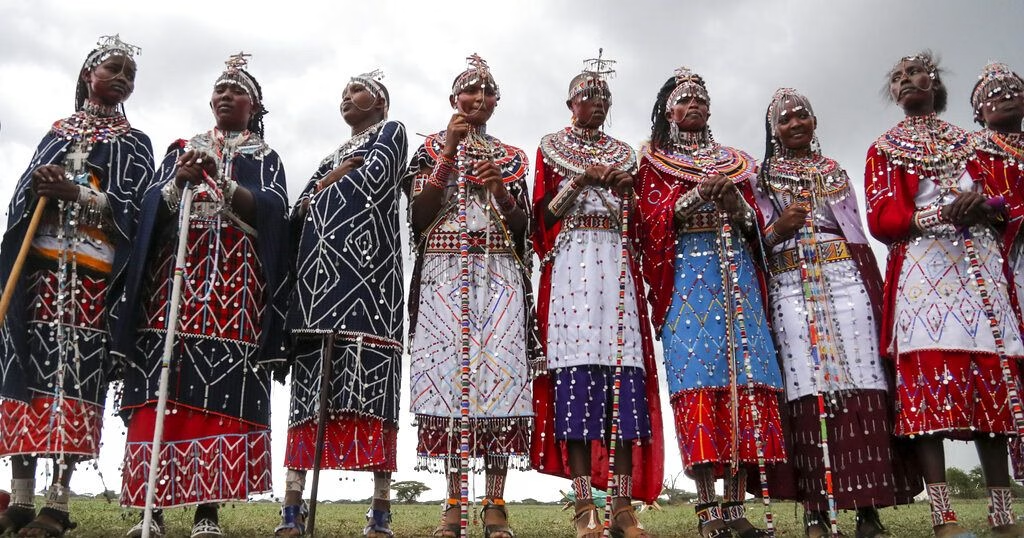Faced with the daunting loss of her cattle due to a protracted drought lasting from 2020 to 2022, Rosemary Nenini found herself in a state of helplessness. Hailing from a family of pastoralists and marrying into another, Nenini harbors a profound affection for cattle. However, a combination of factors such as drought, scarcity of grazing lands due to urbanization and private land ownership, coupled with disease and banditry, compelled her to explore alternative means of livelihood. The challenges are vast, with Kenya’s National Drought Management Authority reporting a staggering 2.6 million livestock deaths between 2021 and 2023, spanning across the Arid and Semi-Arid Lands (ASAL) region. These adversities have nudged women in pastoral communities towards investigating other income-generating opportunities.
Enter cricket farming, initially met with skepticism and misunderstanding by many, including concerns over the perceived threat crickets posed to livestock and a general lack of understanding about their value. Despite these initial reservations, organizations like Cordaid, the Indigenous Movement for Peace Advancement and Conflict Transformation (IMPACT), and the International Centre of Insect Physiology and Ecology (ICIPE) provided extensive training to persuade and equip the community. This training equipped the women with knowledge on how to farm crickets, transforming them from a perceived threat to a source of income.
Cricket farming offers a new avenue for income with crickets being a nutrient-rich food source, highly valuable for both human consumption and animal feed. In contrast to cattle, crickets require minimal land and water to thrive, making them a sustainable and reliable source of nutrition and income in the face of the persistent threat of drought. Despite its benefits, the adoption of cricket farming still faces hurdles, including cultural acceptance of consuming insects and a lack of awareness about the nutritional and environmental benefits of cricket-based products.
However, the shift towards cricket farming marks a turning point for communities affected by the dwindling livelihoods in pastoralism, offering a new hope for sustainability and resilience against the challenges of climate change and land scarcity.
Source: http://www.africanews.com/2025/03/16/maasai-women-turn-to-cricket-farming-for-sustainability/







